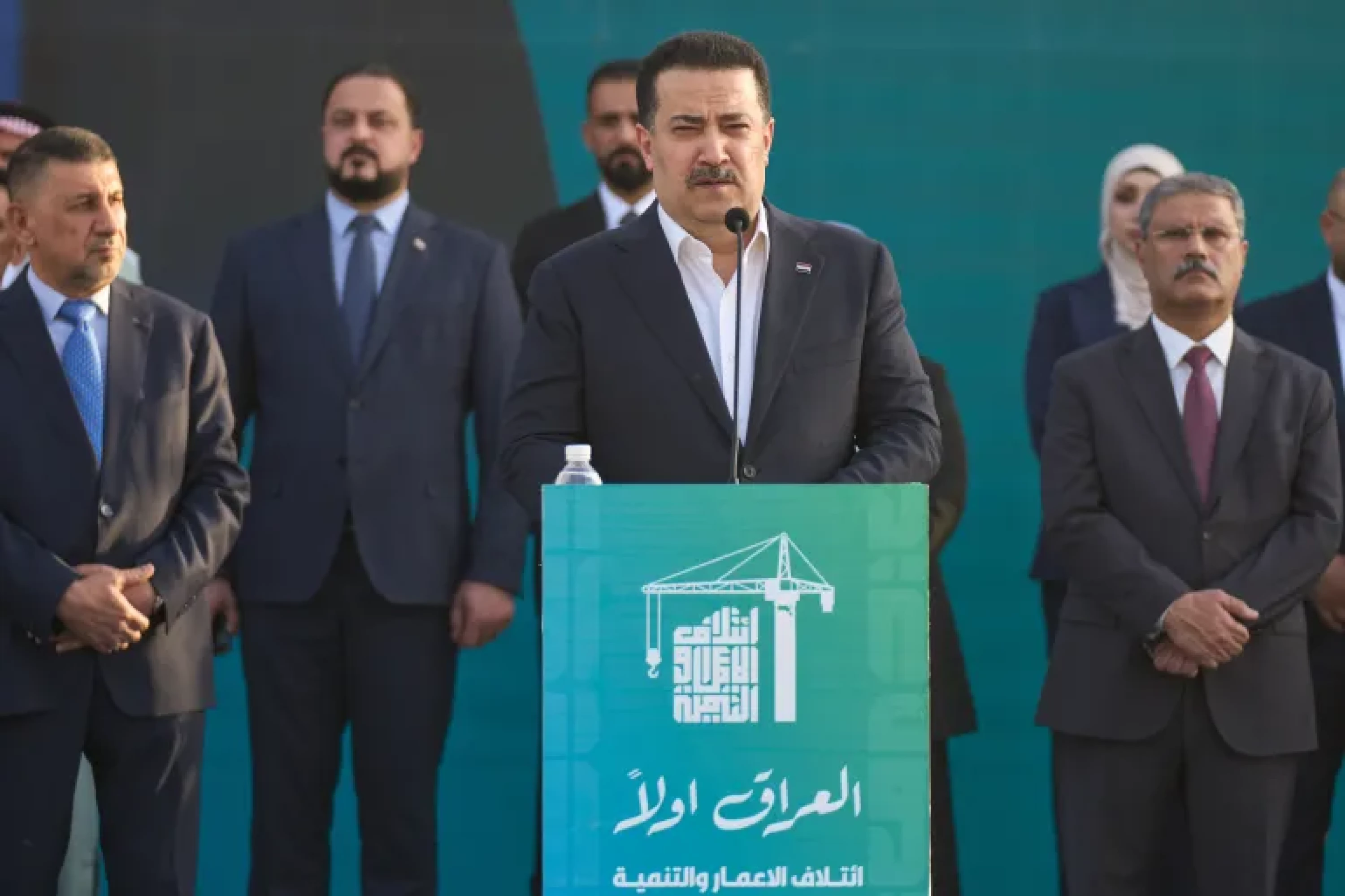ERBIL, Kurdistan Region – Iraqi Prime Minister Mohammed Shia’ al-Sudani’s alliance is forecast to win Iraq’s parliamentary elections, a prominent research firm projected on Monday, a day ahead of the vote.
Iraq will head to the polls on Tuesday to vote in its hotly contested legislative elections, where over 7,750 candidates are competing for 329 parliamentary seats under a proportional representation system.
“Current estimates indicate that the Reconstruction and Development Alliance is leading the race with around 29 percent of the projected seats, followed by the Taqaddum Alliance with approximately 14 percent, and the State of Law Coalition with 11 percent,” the Independent Institute for Administrative and Civil Society Studies (IIACSS) projected.
Led by Sudani, Iraq’s incumbent prime minister, the Reconstruction and Development Alliance was formed ahead of the 2025 parliamentary vote and includes several Shiite political figures, including Popular Mobilization Forces (PMF) chief and head of the Ataa Movement Falih al-Fayyadh and Ayad Allawi, a former prime minister.
It is widely seen as the frontrunner in the elections, with Sudani seeking to retain his premiership and follow Maliki as the second prime minister since 2014 to serve eight years.
Voter turnout “will range between 30 percent and 40 percent,” IIACSS said. “However, this figure is calculated exclusively among holders of biometric voting cards, which artificially inflates the rate without necessarily reflecting an actual increase in the number of voters.”
The projections were based on a sample of 2,800 respondents across 15 provinces, excluding the Kurdistan Region.
IIACSS is the Middle East and North Africa regional representative of Gallup International, a global Zurich-based research association that conducts public opinion surveys worldwide.
Around 20 million people have registered to cast their ballots in the upcoming general election, out of a total of some 29 million who were eligible to submit their biometric data to participate in the process.
Iraq held an early polling process on Sunday to allow security forces, internally displaced persons (IDPs), and detainees in certain facilities to cast their ballots. The early elections concluded with a turnout rate of over 82 percent.



 Facebook
Facebook
 LinkedIn
LinkedIn
 Telegram
Telegram
 X
X


